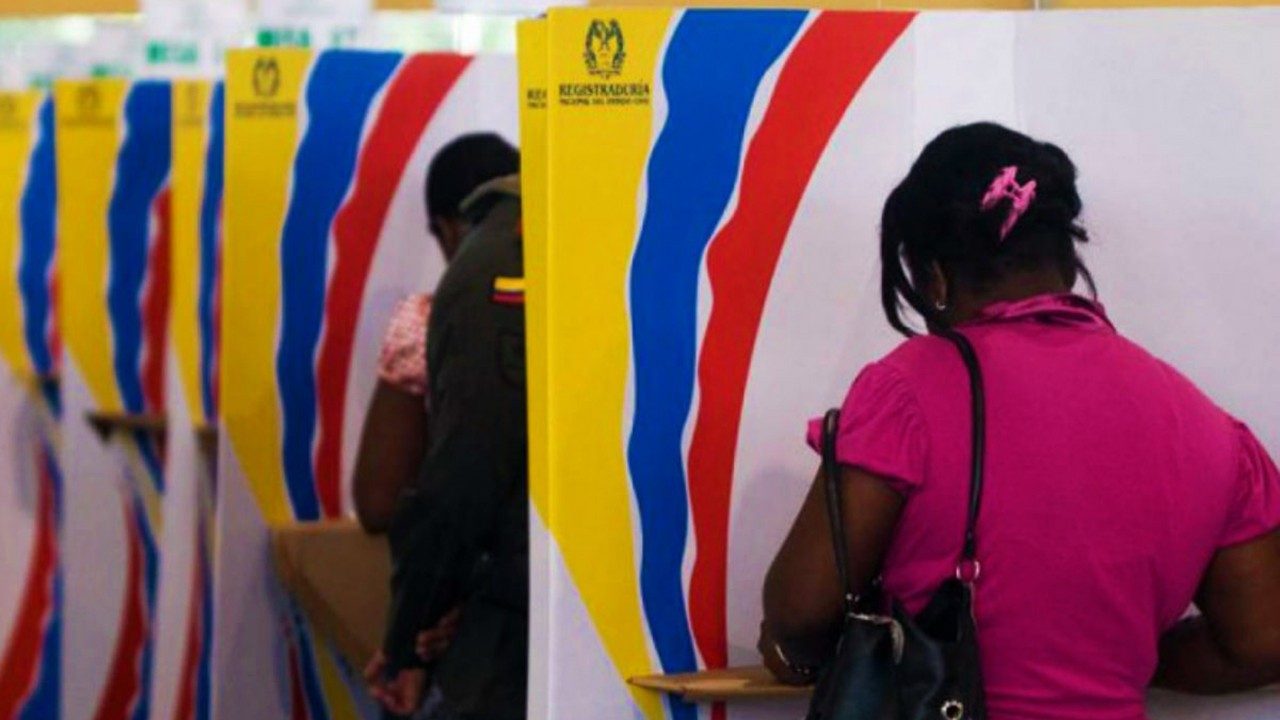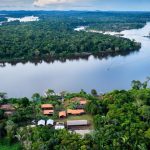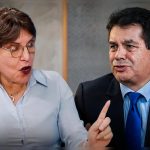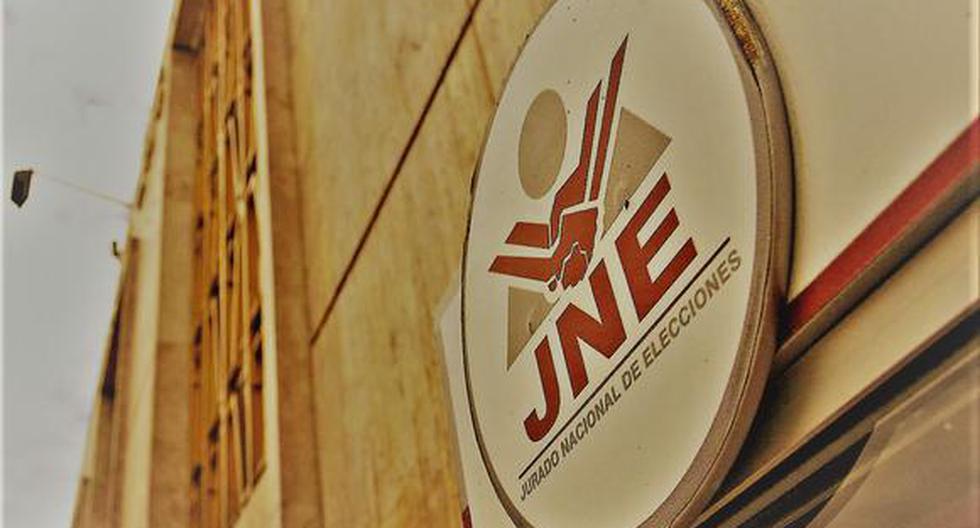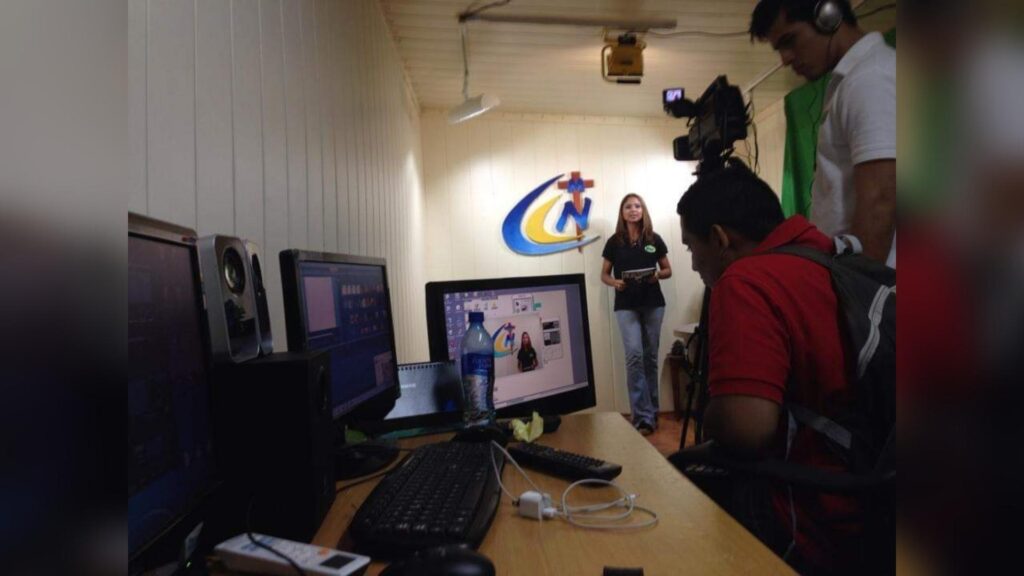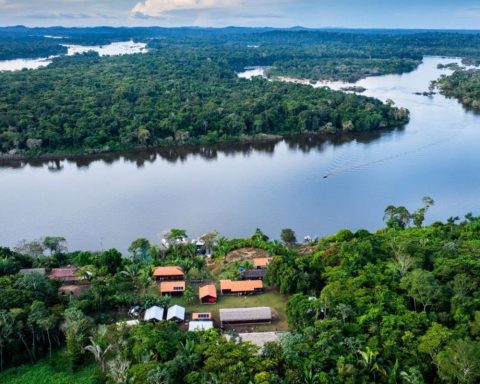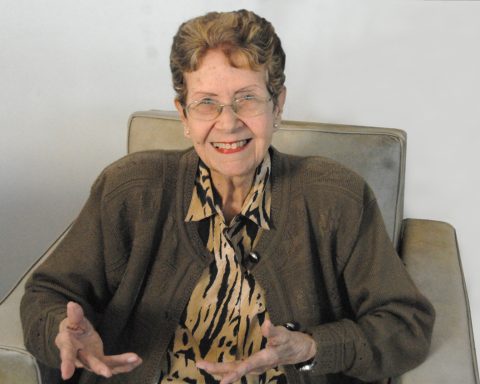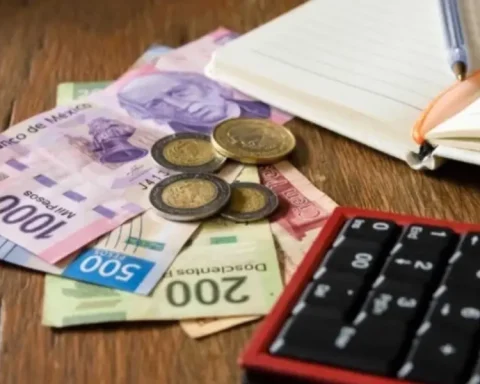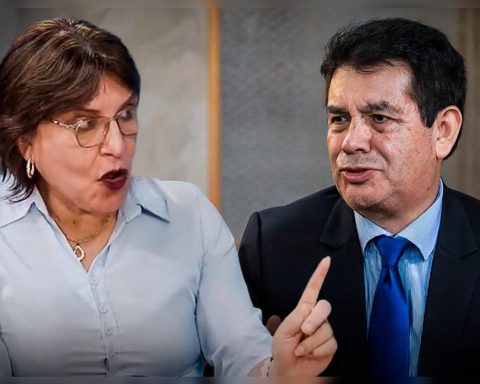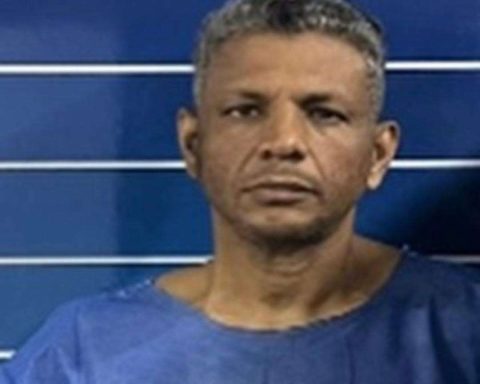The polls showed a technical tie, so a very close ballot result could fuel suspicions of fraud – which Petro has repeatedly expressed – and trigger protests.
The 62-year-old senator and former guerrilla fighter won the first round with 40% of the vote compared to 28% for Hernández (77), but his advantage was shattered after the game of alliances and a very aggressive campaign, with leaks and low blows from side and side.
The voters punished the forces that have historically governed and now they will choose the successor of Iván Duque between two uncertain alternatives that arouse fears in different sectors.
If Petro wins, the left will come to power for the first time and if the victory goes to Hernández, a millionaire without a party entangled with justice will be at the head of the country.
“Colombians have never faced this, not going where their enthusiasm tells them to go, but instead going towards the one that will do them the least harm,” says Michael Shifter, of the Inter-American Dialogue.
Around 29 million Colombians are voluntarily called to the polls from 1:00 p.m. GMT to 9:00 p.m. GMT. Abstention generally ranges between 45 and 50%.
– Trouble menu –
Colombia arrives fractured at this ballot and with a worn out and unpopular government.
Harshly repressed, the protests of 2019, 2020 and 2021 reflected a profound discomfort in the face of inequality and lack of opportunities, mainly for young people.
The pandemic worsened poverty, which today reaches 39% of the 50 million Colombians. Unemployment is around 11% and informality 45%. Drug trafficking and the violence associated with this activity, with various armed groups expanding throughout the territory, will also be challenges for the next government.
Petro and Hernández represent rupture and change, but with opposing models and styles. The first wants to strengthen the State, transform the health and pension system, and suspend oil exploration to make way for clean energy, in the face of the climate crisis.
“The country needs social justice to be able to build itself in peace (…) that is, less poverty, less hunger, less inequality, more rights. If you don’t do that, the violence deepens,” says Petro.
Hernández landed in this contest as an outsider with money and business success, and a proposal to fight corruption, austere government and less bureaucracy.
“I am going to reduce the size of the State, to end corruption and replace with efficient and non-corrupt officials those who have been placed in previous governments and who are marked by incapacity and inefficiency,” he says.
Both have experience as mayors. Petro was mayor of Bogotá (2012-2015), and Hernández of Bucaramanga (2016-2019), a city of about 600,000 inhabitants. The first is an economist who wants the rich to pay more taxes and the other a construction engineer who proposes to reduce VAT from 19% to 10%.
They agree that they will restore relations with Venezuela, support the 2016 peace agreement with the extinct FARC, and seek dialogue with the National Liberation Army, the last recognized guerrilla group in the country.
Both chose two women with African roots as their future vice presidents. The environmentalist Francia Márquez accompanies Petro’s formula and the academic Marelen Castillo that of Hernández.
– The fears –
Before the spectacular twist, doubts and fears grow. Powerful sectors and the Armed Forces resist Petro because of his past in the armed struggle and his ambitious project of reforms that, they fear, will affect private property and lead the country towards a failed socialism.
If he wins, the military will have to swear allegiance to a former guerrilla fighter in a country traumatized by a six-decade conflict with far-left rebels.
He also has a “personality that many associate with intransigence, stubbornness and with an ego that limits dialogue,” says Patricia Muñoz, a political scientist at the Javeriana University.
With Hernández, uncertainty reigns. The tycoon who promises to eradicate corruption is called to trial for irregularities in a contract signed during his time as mayor that could prevent him from governing. He is a tongue-in-cheek politician, who frequently backs down and has made sexist comments.
He has “little knowledge of the State (…) How is he going to govern when his speech has been against the congressmen and the political class?”, the academic asks.
Thus, Colombians will choose between two unprecedented exchange alternatives. “I actually feel very bewildered, sad and disappointed in this country. I don’t like the two options as presidents, absolutely not,” says Camila Araque, a 29-year-old lawyer.
